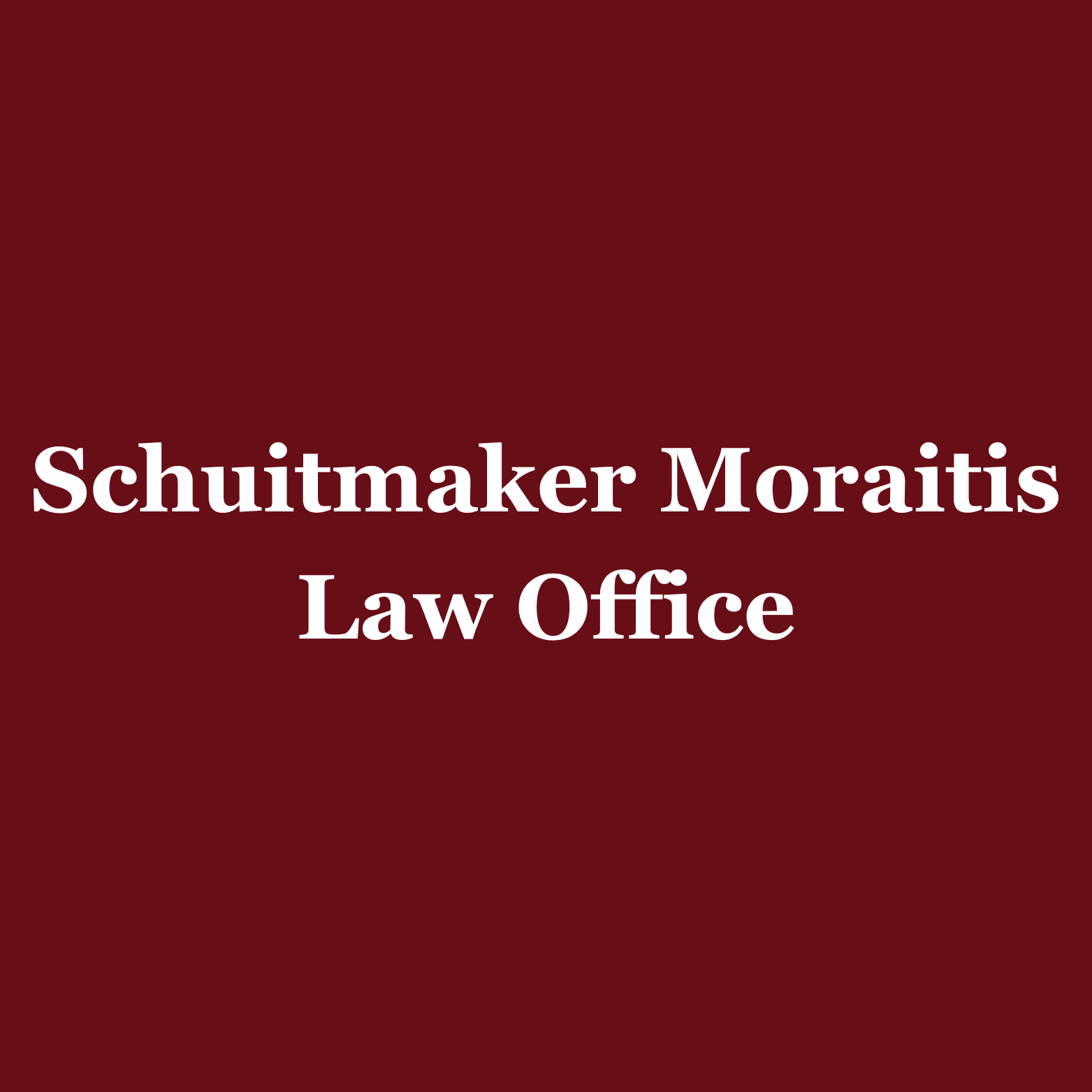When planning for the future, it’s important to understand the difference between a Power of Attorney (POA) and Guardianship—both help manage a person’s affairs, but in very different ways.
A Power of Attorney is a legal document that allows you to appoint someone (an “agent”) to handle financial or medical decisions on your behalf if you become unable to do so. Since you create it while you’re still of sound mind, it gives you control over who will act on your behalf and what powers they will have. A POA is a preventative measure, ensuring that someone you trust can step in without court involvement.
Guardianship, on the other hand, is a court-appointed role that happens when someone is already incapacitated and has not named a POA. A judge must determine that the person is unable to manage their own affairs and then assign a guardian, who may not be someone they would have chosen. The process can be time-consuming, costly, and emotionally taxing for family members.
The key takeaway? Establishing a Power of Attorney before it’s needed can help avoid the complications of guardianship and ensure your wishes are honored.
